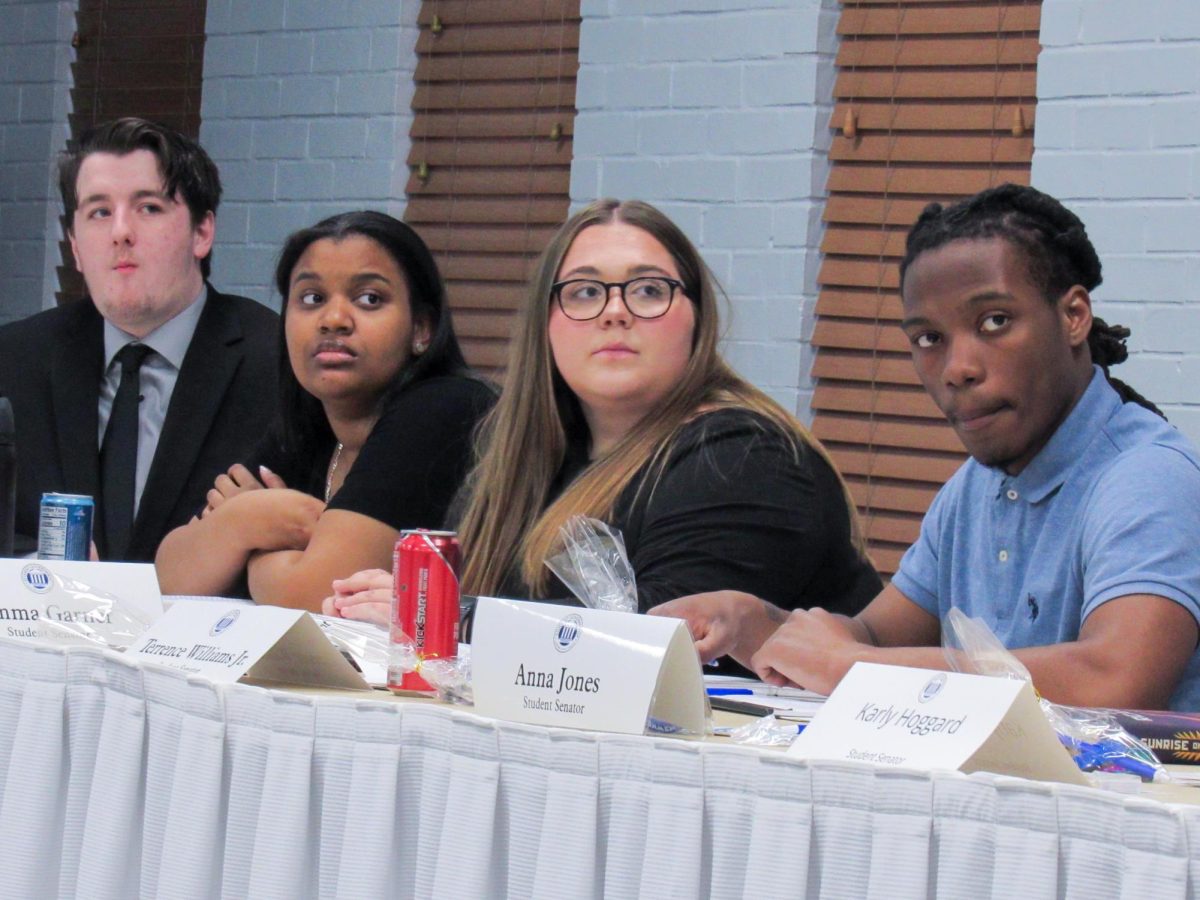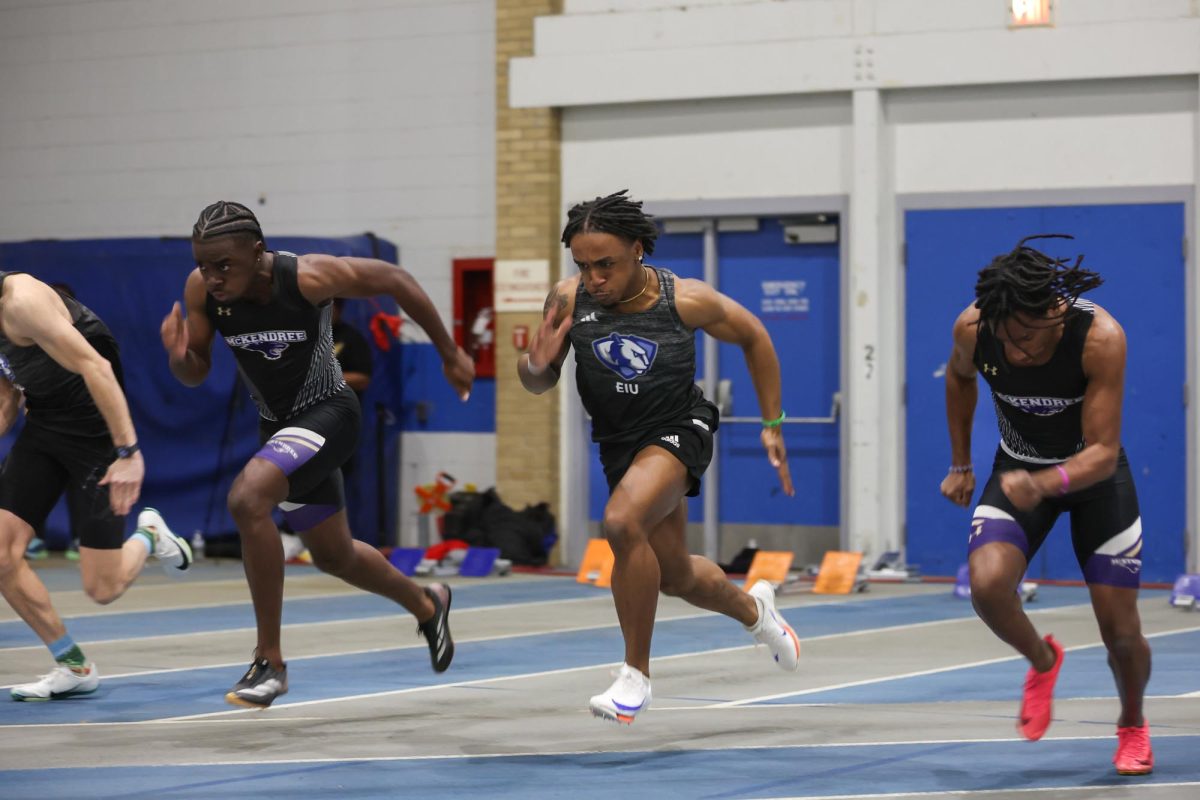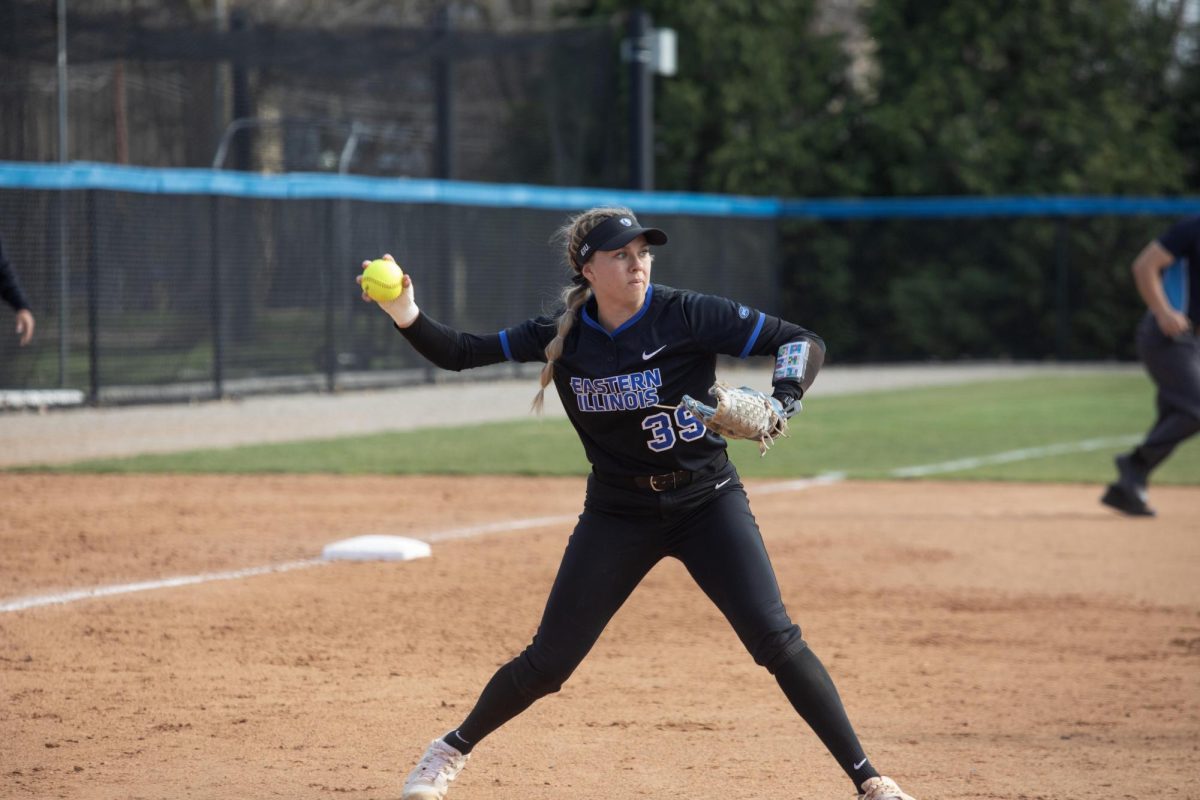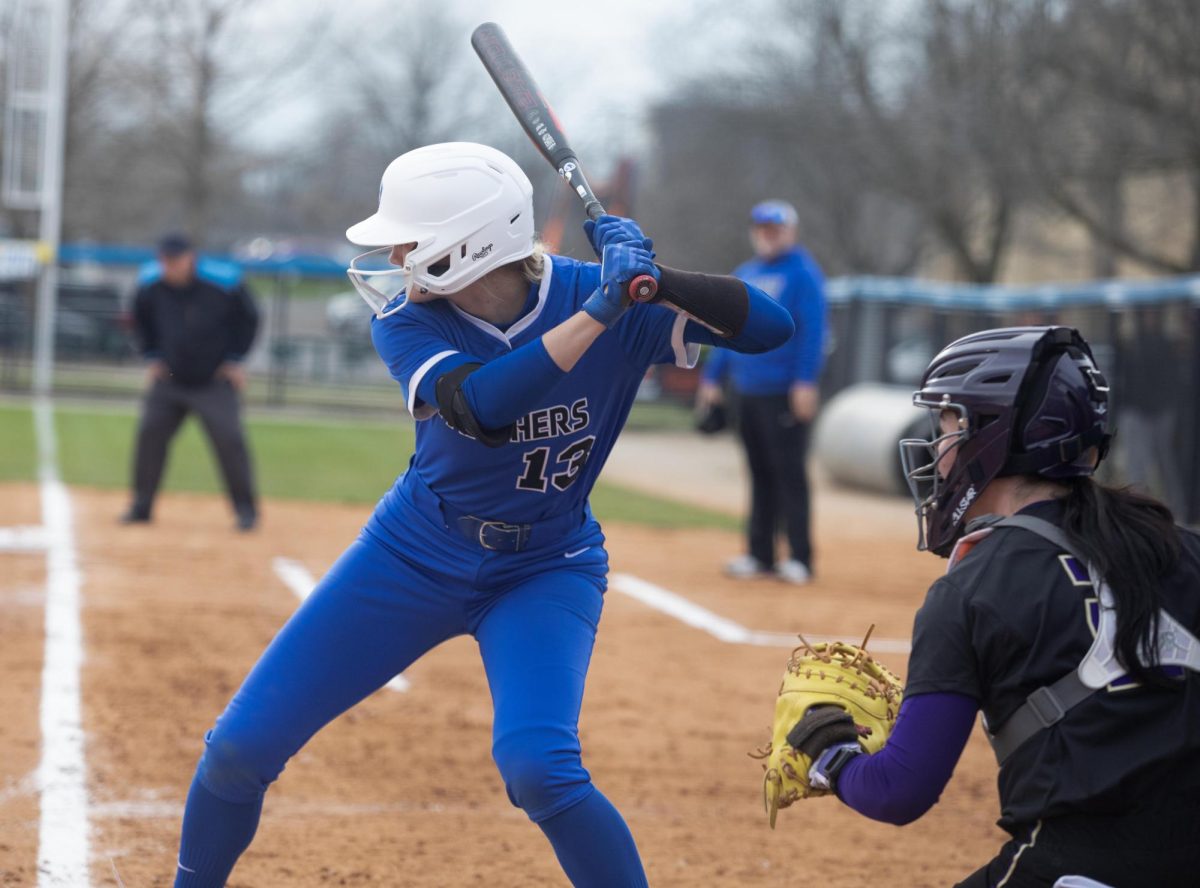Departments in new College of Health and Human Services look to collaborate, move forward
April 5, 2018
With a new College of Health and Human Services being officially announced earlier in the week, departments that will be in it are already looking at how to move forward.
The College of Health and Human Services will house kinesiology and sports studies and recreation administration, health promotion, family and community services (formerly known as family and consumer sciences), nutrition and dietetics, communication disorders and sciences, the RN to BN and military science.
Provost Jay Gatrell has said he wants the new college to be in place by July 1.
This college reflects some of the priorities Workgroups No. 8 and 9 highlighted during the vitalization project, Gatrell said, as much of the language in their program proposals dealt with human services and the health profession.
“It provides a new ecosystem, if you will, for faculty to collaborate, identify new pathways forward and begin to have discussions for types of programs,” Gatrell said.
Melanie Burns, chair of the family and consumer sciences department, said the name change for FCS to family and community services is meant to make the program more current and to resonate with jobs that are available now.
Coming with the name change are some curricular changes, including the department looking into some curriculum tracks within the social work area.
She said faculty response to the college has been positive.
“They’ve been looking toward the future; what’s it going to look like?” she said.
When it comes to students, Burns said it will just be a matter of getting them in the proper classes and assuring them that they will still be able to graduate on time.
“I think we’re moving in the correct direction,” Burns said. “This is forward-thinking, projecting us into the future rather than thinking about our past.”
Julie Dietz, chair of the department of health promotion, said being in the new college would give prospective students a way to find the degree program they are looking for and help the department work with other programs.
“If we have groups of disciplines who work together already, it makes it easier to develop innovative new programming as that becomes relevant and necessary,” she said. Dietz said having a College of Health and Human Services makes this a more fluid process.
“Even just having people in the same unit—you talk to each other more and that’s when the ideas flow,” she said.
At this point nothing is completely formalized, but in the next year, the department will be figuring out how things are going to go regarding committees and other aspects of college representation, Dietz said.
“We have to get a stable base first, that’s what we’ll be concentrating on,” Dietz said. “I think the foundation is there, all of the units (that) would be going into this college are strong programs.”
As department chair, one thing Dietz is looking for in all of these changes is ensuring that there is equitable representation for her program.
Angela Anthony, chair of the communication disorders and sciences department, said it makes sense for CDS to be under the new college.
“Because our field really branches across both education and health services and hospital medical kinds of settings, it’s a logical move for us,” she said.
Though there are still collaborations happening in the College of Sciences, where CDS is currently located, Anthony thinks a new college will open up new opportunities.
“As a department we’re certainly open to talking to other departments looking at what those opportunities might be,” she said.
Between now and July 1, Anthony anticipates starting conversations and asking questions about what the new college will mean for programs going forward.
“In the new college, how is that structure going to be? What will committees look like, what (will) leadership look like in that new college?” she said.
While Anthony does see some adjustments being made regarding new colleagues working together in the College of Health and Human Services, she has already interacted with chairs of these departments before.
“One thing we’re going to have to do as new college is develop a mission statement, develop a vision statement,” Anthony said.
Lt. Colonel Patricia McPhillips, chair of military science, said she knew going to the new college was one possibility being looked at during vitalization for her program.
“For us, we will go wherever you tell us,” she said. The question now, McPhillips said, is if there will be a physical move.
There are no exact stipulations on where the program has to be located, but it does have to have certain facilities and resources such as parking spaces for government vehicles and storage spaces for equipment.
McPhillips said while the easy thing would be to keep military science where it currently is, there are pros and cons to moving.
McPhillips acknowledged that this change might be something that is harder to do during the summer, since there are not a lot of people on campus, though members of military science will still do their best to do what is needed.
“We may have more access to students who are a target audience for us,” McPhillips said.
A search for a new dean of the College of Health and Human Services is set to launch fall 2018.
Dietz said she wants a dean who will continue forging the new identity of the college.
“Who do we want to be moving forward?” she said. “I think the first dean is going to be key in what this new college becomes.”
Anthony said it would be great to have someone who has been a dean in a similar college.
“It would be useful to bring in someone with experience and who can guide us and give us some input,” she said.
Cassie Buchman can be reached at 581-2812 or cjbuchman@eiu.edu.













![[Thumbnail Edition] Junior right-handed Pitcher Lukas Touma catches at the game against Bradley University Tuesday](https://www.dailyeasternnews.com/wp-content/uploads/2025/03/MBSN_14_O-e1743293284377-1200x670.jpg)

![[Thumbnail Edition] Senior Foward Macy McGlone, getsw the ball and gets the point during the first half of the game aginst Western Illinois University,, Eastern Illinois University Lost to Western Illinois University Thursday March 6 20205, 78-75 EIU lost making it the end of their season](https://www.dailyeasternnews.com/wp-content/uploads/2025/03/WBB_OVC_03_O-1-e1743361637111-1200x614.jpg)







































![The Weeklings lead guitarist John Merjave [Left] and guitarist Bob Burger [Right] perform "I Am the Walrus" at The Weeklings Beatles Bash concert in the Dvorak Concert Hall on Saturday.](https://www.dailyeasternnews.com/wp-content/uploads/2025/03/WL_01_O-1200x900.jpg)
![The team listens as its captain Patience Cox [Number 25] lectures to them about what's appropriate to talk about through practice during "The Wolves" on Thursday, March 6, in the Black Box Theatre in the Doudna Fine Arts Center in Charleston, Ill.](https://www.dailyeasternnews.com/wp-content/uploads/2025/03/WolvesPre-12-1200x800.jpg)
















